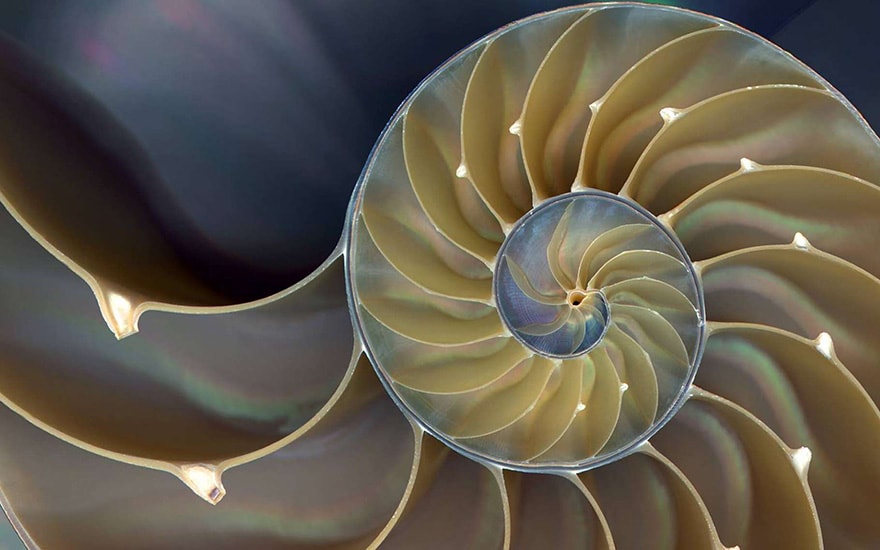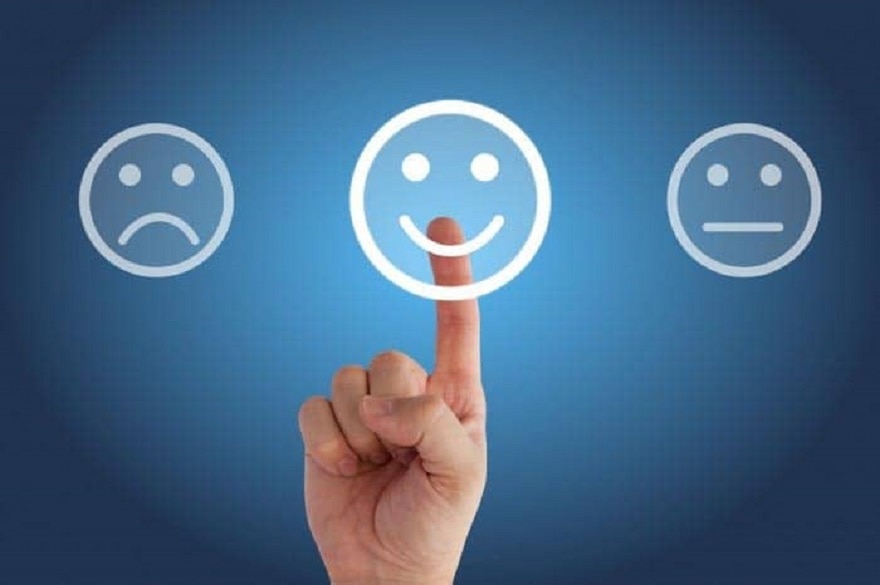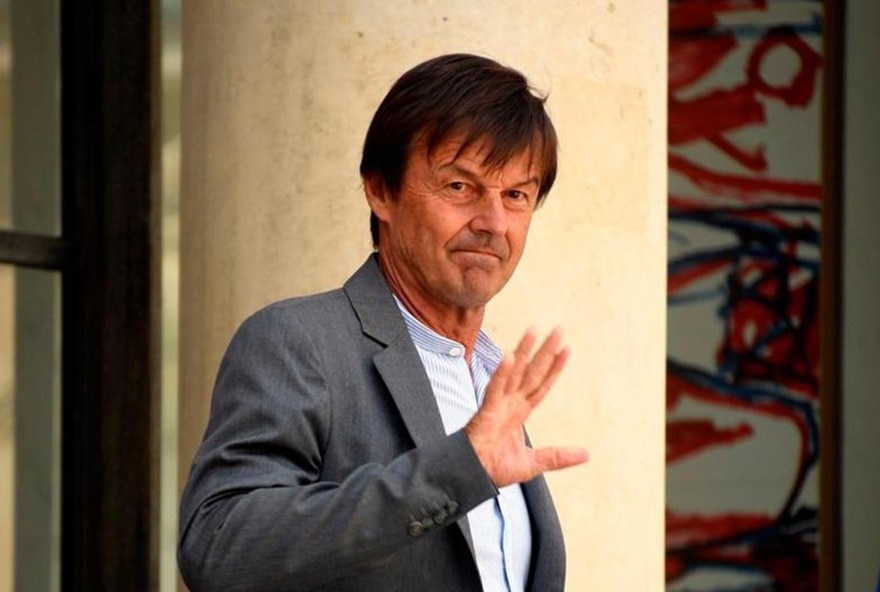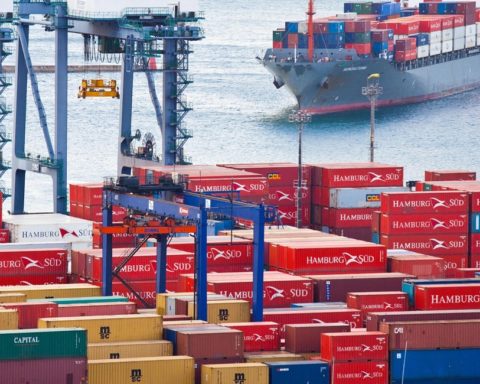We live in a transition between two worlds and to cross it the shores are moving away. For years we have been drawing attention to the change in civilization that we are experiencing. The contours have been outlined in several essays including Entering a world of cooperation. A neo-Renewal. We are leaving a world (modernity, based on progress) that is resisting by accelerating and increasing its model: more growth, more progress, more technology and more energy to create it. So faced with this model that has lost its reason and endangers the different species of the planet and foreshadows a collapse of our own, another paradigm is trying to emerge, the RenaiSens. This specific resilience of the human being, which could succeed in its moulting, if it stems its tendency to self-destruct.
Ce which accelerates the imbalances in which our world is plunged: excessive resource extraction, increased pollution, biodiversity in free fall, ubris economic, galloping demographics, conservative political leaders, increasing migrants undermining Europe, etc., etc.
Reminiscent self-destruction apoptosis (suicide of the cells when they no longer receive the message of their usefulness). By dint of wanting to dominate nature and being cut off from it, perhaps we discover that we are no longer useful? Not managing to regulate ourselves with wisdom and lucidity, we stage our next end. Hence this recurring imaginary of the end of the world and the apocalypse. We feed our imagination with self-destructive information so that some or others can make it happen, through terrorism, nuclear or bacteriological weapons. We do not lack imagination in the service of death.
As Michel Serre says[1]In the 20th century, for the first time in human history, death caused by human beings killed more people than that caused by nature.
To make this transition a success, let's be aware of the pitfalls...
To evoke the transition is to understand that we are on the way to the mutation of our civilization. Thus, today we are living in the in-between, the period that lies between these two paradigms, one declining (modernity), the other emerging (the RenaiSens). And this in-between is called in sociology, postmodernity.
We go deeper and deeper into the crucible of the in-between. And with the descent, the loss of reference points, the backtracking, the folds, the conservatism on all sides and individually the burn-out, as so many manifestations of this feeling of being lost and cut in half, split between two trends that are moving further apart every year.
A split transition
Thus, on the one hand, those who are meaningless in companies, torn between their values and performance requirements ("orange" model of the Dynamic Spiral), on the other hand, they endure a certain amount of paradoxes and contradictions, and then, often following a burn-out, are leaving the company. Many of them go into the "green" mode (of the Dynamic Spiral) to rediscover meaning, to reconnect with nature, to commune with people who share their values, to live at a reasonable pace and more consistent with our biology. They are tempted by neo-rural life, eco-habitat, shared habitat, "co". They appreciate a slowed-down life, favouring their feelings, their emotions, their inner states. However, they cut themselves off from the rest of the world and sometimes even reject it. There is often confusion between the ideal (of cooperation in particular) and the reality of complex human relationships. There is also often a lack of pragmatism linked to values, dreaming of survivalism and minimal autonomy, the search for alternative economic models is praiseworthy but sometimes decorated with material constraints. Above all, it is David's "fight" against Goliath in terms of means and skills.

The Dynamic Spiral, from the work of Professor Clare W. Graves, and taken up by Don Beck and Christopher Cowan.
And meanwhile, others are building the future on technophile bases ("yellow" mode of dynamic postal services) at increased speed as it is wedged on machines that are constantly being optimized to share information flows faster, or act instantaneously, at the speed of connections. They are aware of what is at stake for our planet and our future, and are using it in technophile mode, a platform for online cooperation, virtual sharing, and mastery of the means of applications and modalities offered by the Internet. They are often the know-how of project management and the skills acquired in organizations, because the majority are still "in" the system while the majority of the "green" ones have left it. The "yellows" have a rather systemic and often intellectual vision, close to the "oranges" in their efficiency and quite detached from the quality of the relationship and the depth of exchanges. The notions of cooperation are understood but "conceptually" the human aspect and the subtleties of the relationship are not always "embodied". They have as a resource the optimisation of skills and work processes that are sorely lacking in the "green" ones.
Finally, the majority of us live in an "orange" world where competition, individualism, financial performance and narcissistic consumption are the order of the day. Values and principles that impose, especially in companies, a "corporate" behaviour and political correctness that do not accommodate the ideas of the transition, nor the associated behaviours. Only the tools and methods of Collective Intelligence are used and sometimes diverted from their primary intention to optimize performance, and the same for some with the notions of liberated enterprise.
Methods and tools are not used in the same way depending on the level of awareness of the actors.
The actors of the transition
Thus, the majority of the actors who act on the present in order to elaborate our common future nourish two sides in increasing opposition of values, modes of functioning, biological rhythms, representation of the world, imagination.
Some people dream of the Green Beautythe others from Star Wars. We are in the age of "Lord of the Rings" and "Harry Potter"; we need to mix genres to reinvent ourselves.
Everyone thinks they hold the keys to the Transition, but the axes diverge, almost inexorably, making the meetings bringing together those who recognize themselves in the transition project but who are applying it very differently. The axis of tension, technology-authenticity, leads to another level of consciousness of humanity. In order to manage the complexity we have co-created, we need to co-construct a third way.
Tomorrow must be built together
Yet the issues we face are so important and urgent that we are "compelled" to cooperate. This means finding a third way, a middle, intermediate or rather encompassing position to this separation between "greens" and "yellows".
It is then the "turquoise" level, holistic, integrating contradictions that will allow us to reconcile technological responses of Collective Intelligence with a delicacy in the relationship that will allow us to weave together, with our differences, the path towards a sustainable future.
We need to co-create a third way, an eco-modernity and to do so, learn the demanding path to Turquoise (Opal for Frédéric Laloux [2]), reconciling oppositions, discordant rhythms, pragmatism and wisdom, technology and resonance with nature, core values and efficiency, incorporation of knowledge and embodiment of ideals, pragmatism, principle of reality and utopia ...
It is by drawing inspiration from the living (social biomimicry) that we can find the interstices between the walls we have erected and identify our levers of resilience. The turquoise stage allows us this integration which leads us to be concerned about co-developing a raison d'être in companies so that they are not just financial machines. It is also the impetus for the liberation of companies, in order to revisit, consciously and lucidly, the way they function so that governance can evolve, taking into account the maturity of the organisation and its players.
A demanding, but exciting path that can be achieved together because it is thanks to the friction of diversity and otherness in roughness that the meeting and overcoming of divides can take place to succeed in reaching the banks of a river. Terra Incognita welcoming.

To go further :
- Book Delicate transition by Christine Marsan, edited by Didier Chambaretaud - Preface by Michel Bauwens - Essais d'aujourd'hui, June 2017
- Text echoing that of our friend Robert de Quelen on the ethics of cooperation and the ethics of responsibility
[1]Michel Serres, Temps des crises, Le Pommier, 2009.
[2]Frédéric Laloux, Reinventing OrganisationsEditions Diateno, 2015, 20












